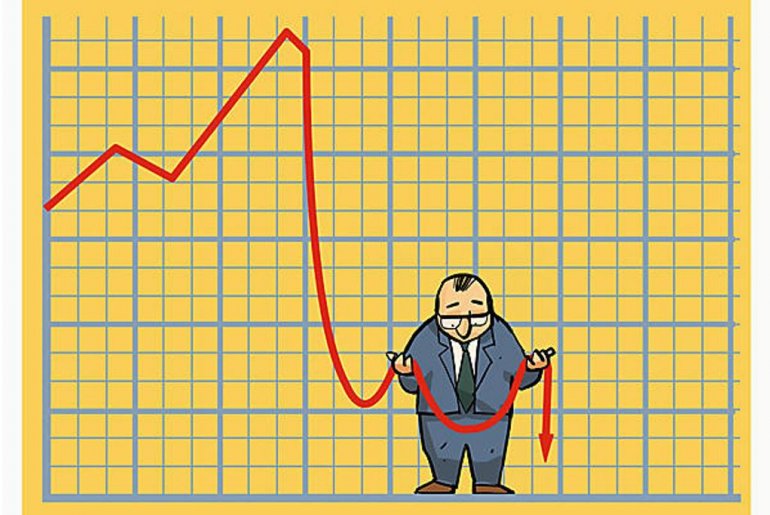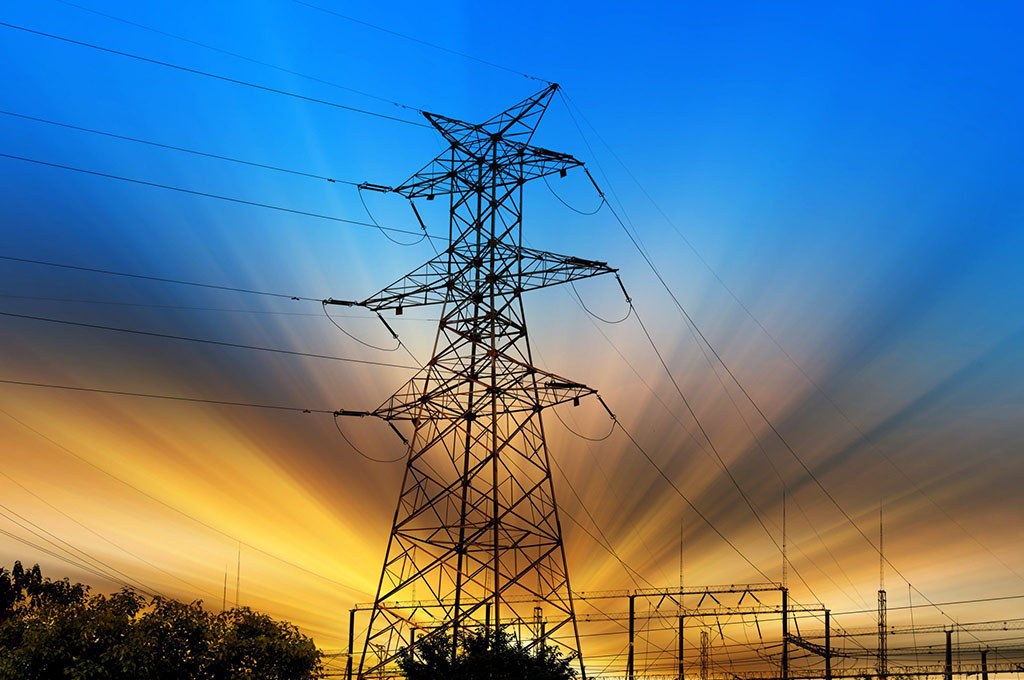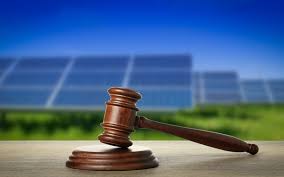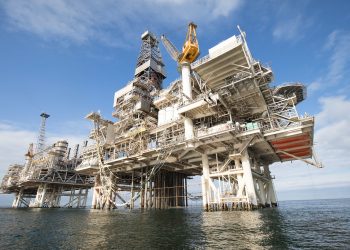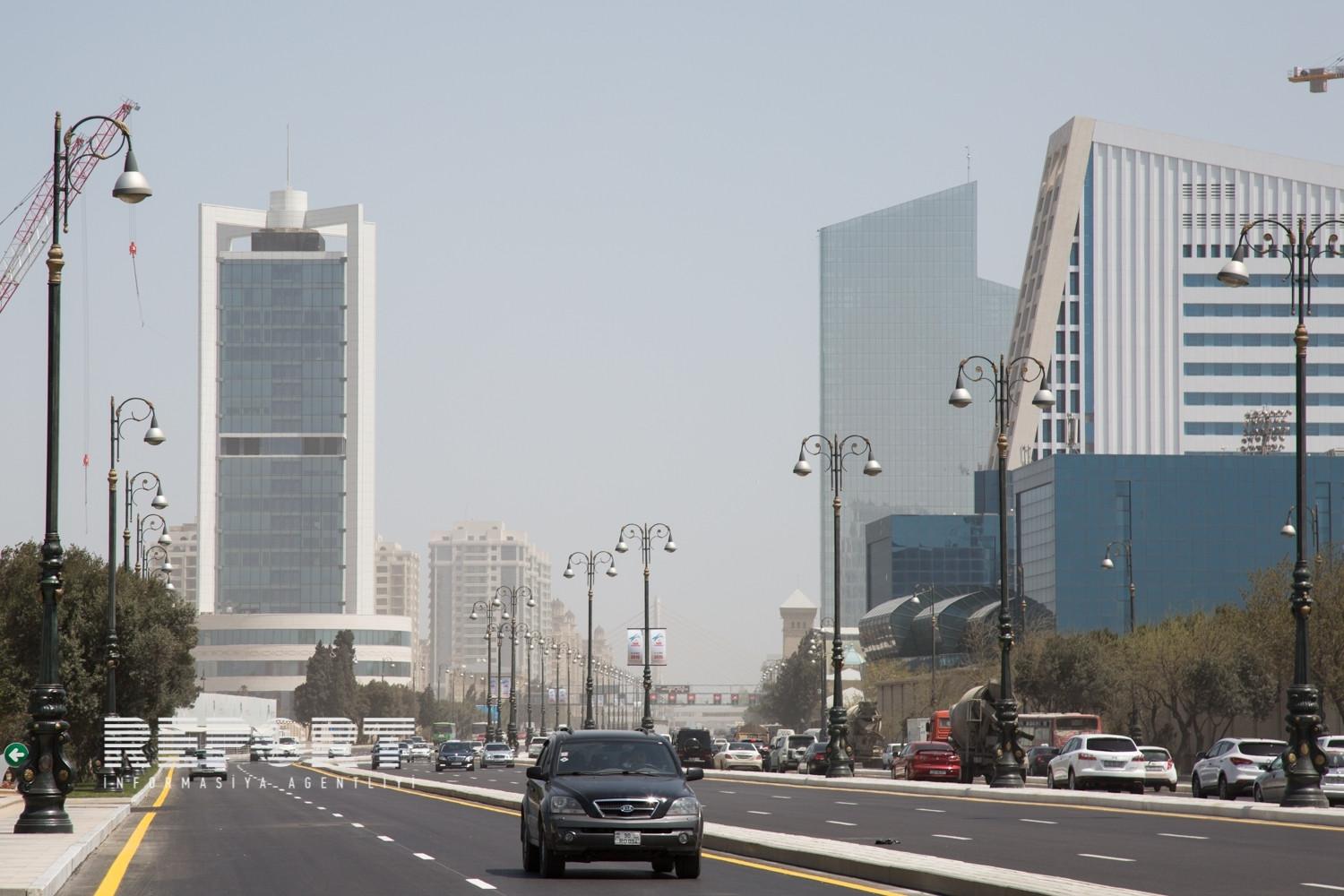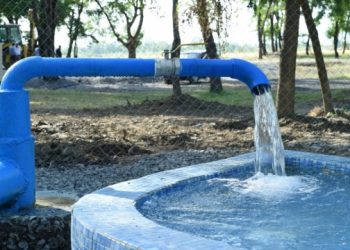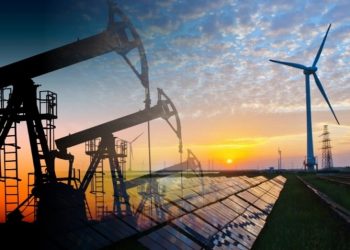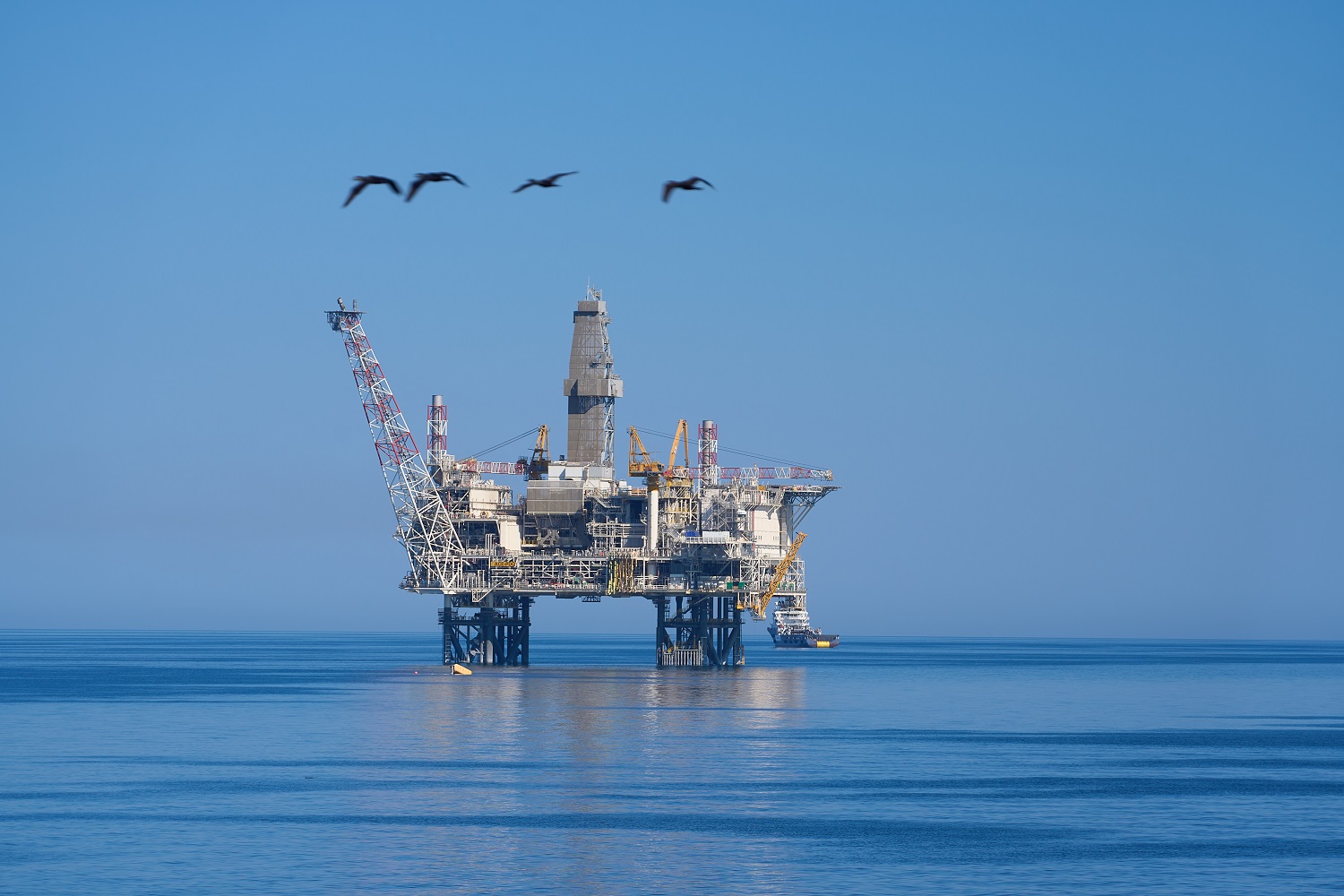With much of the political violence in Ukraine subsiding, European leaders said they were ready to help a new government address lingering energy woes. It won’t be an easy fix, however, given the legacy issues testing Europe’s resolve.
A 2009 decision by Russian energy company Gazprom to disrupt natural gas supplies to Ukraine seems a distant memory to European diplomats shuffling to and from Kiev in recent weeks. Opposition leader Yulia Tymoshenko, the former prime minister now mentioned as a possible presidential contender, was jailed by her rival, Viktor Yanukovych, for a gas deal she helped broker to end that crisis.
Energy Commissioner Guenther Oettinger told a German magazine last week that, with the current political catastrophe over, the European community was now ready to “help with the overhaul of the gas pipeline network of Ukraine.”
European consumers get about a quarter of their natural gas needs met by Russia, though most of that gas runs through the Soviet-era transit system in Ukraine. The 2009 disruption prompted Europe to pursue a diversification strategy through the so-called Southern Corridor, a network that includes pipeline options from Azerbaijan. Natural gas from the much venerated Shah Deniz field offshore Azerbaijan, however, isn’t expected until at least 2018, leaving the Russian link in place for now.
Before Yanukovych fled Ukraine, Janez Kopac, director of the Energy Community secretariat, said he was deeply concerned by the violence in the former Soviet republic. European energy security, he said, is about interconnectivity.
“One of its core principles is to ensure peace on the European continent,” he said.
Roderic Lyne, deputy chairman of London think tank Chatham House, said that “core principle,” particularly in Eastern European states, has a history of fading to the perimeter, however. In a briefing last week, Lyne said Ukraine’s position at the bridge between the EU and Russia makes it as much of a vulnerability as a geopolitical asset.
“It is a problem to which a lasting solution must come from within the country, but which will also require the active cooperation of both Russia and the West,” he said.
Lyne warns the decades since Ukraine emerged from behind the Soviet curtain have been wasted and what could be a prosperous country has been mismanaged to the extent that it’s even behind Belarus in terms of economic performance. Arseniy Yatsenyuk, the opposition leader picked last week to be Ukraine’s new prime minister, said Ukraine is now in the grips of the worst financial disaster since independence.
A few weeks before the Yanukovych administration stepped away from the EU and into the history books, his government signed a $10 billion shale natural gas deal with U.S. supermajor Chevron. At the time, Yanukovych said the deal could position his country as a net gas exporter by 2020. Even with conflict raging in Kiev, Regal Petroleum, which has headquarters in London, said it was optimistic about the shale future in Ukraine. If policy makers in the region are as committed to Ukraine as its energy investors, it may be in store for better days ahead. If not, warns Lyne, this won’t be the end of post-Soviet “tremors” in the region.
By Daniel J. Graeber of Oilprice.com



